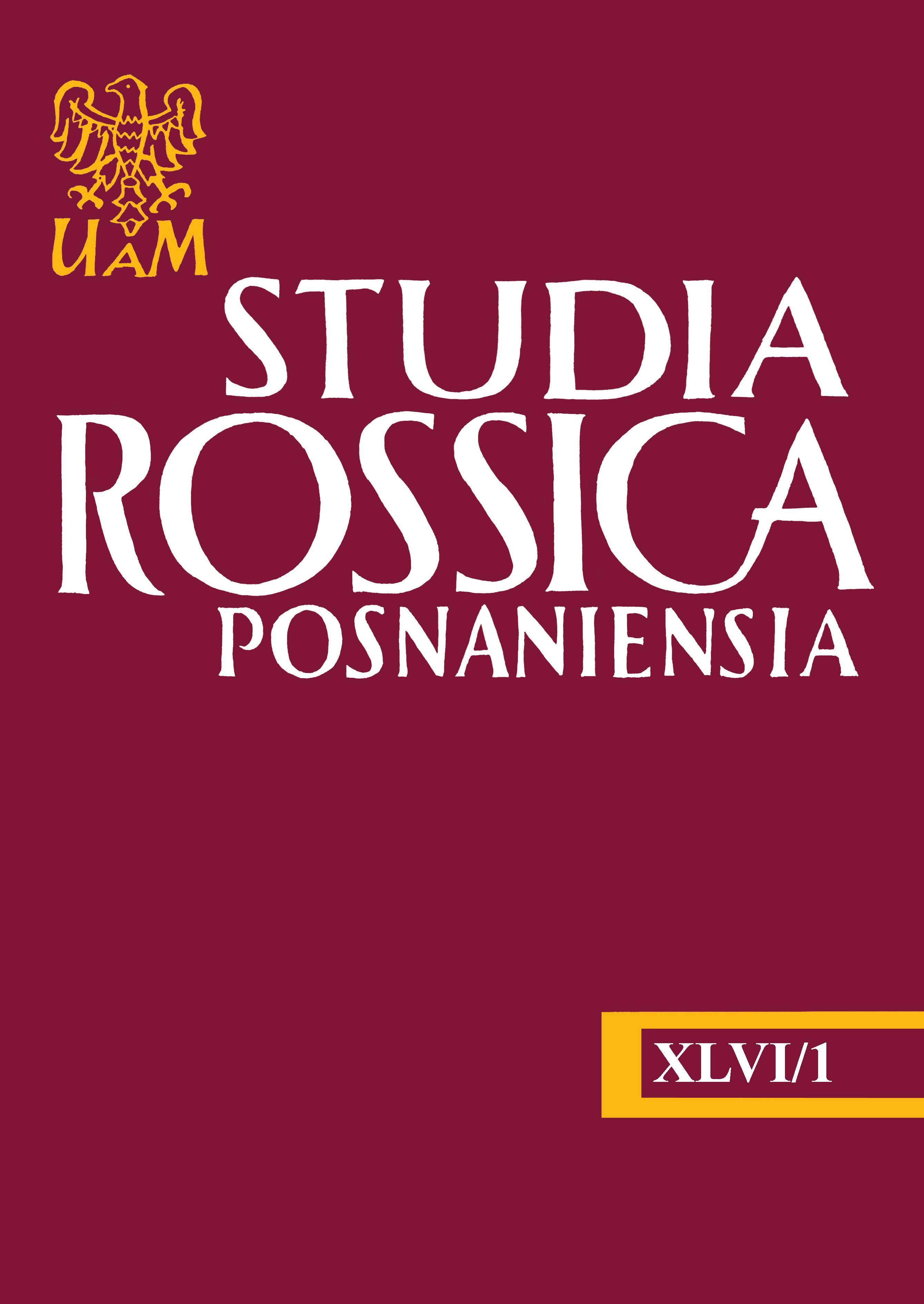Отражение речевой стихии времени в произведениях Михаила Зощенко
The living speech reflected in the works of Mikhail Zoshchenko
Author(s): Jaroslaw WierzbińskiSubject(s): Language studies, Philology
Published by: Uniwersytet Adama Mickiewicza
Keywords: Mikhail Zoshchenko; occasionalisms; alogisms; language deformations; non-normative syntax
Summary/Abstract: In his works Mikhail Zoshchenko presented a brilliant sense of the common language which developed in Russia after the revolution of 1917, i.e. in a period of turbulent political changes and numerous social contradictions. The phenomenon of this writer is based on the constant interest of both readers and researchers in the specific language of his works. This is reflected in numerous statements by Zoshchenko’s characters. In their responses, dialogues and monologues there are a number of orthoepic, spelling, grammatical, word-forming, semantic, stylistic and syntactic deficiencies. The deviations concern the principles of inflection, declination, generic belonging, an illogical and non-normative expression relationships. The issues above are analysed in the present article. In Zoshchenko’s works, along with normative language, there coexist phenomena that are far from literary standards. His texts reflect the spoken language, which, like real communication, differs much from the normalized literary language. In order to show the spiritual and moral transformation of a man, Zoshchenko revealed and judged various distortions and defects in the post-revolutionary life of Russia. The writer chose for this short forms of narration – the short story, a tale, a sketch, a humoresque. The language of Zoshchenko’s works is characterized by the crossing of various semantic and stylistic structures. In one context, inherently incompatible words and expressions are combined. This technique generates many semantic and stylistic shifts. In fact, Zoshchenko reflected the language that was spoken by many people in the post-revolutionary period. The writer tried to represent much of the speech of that time and use it humorously.
Journal: Studia Rossica Posnaniensia
- Issue Year: 46/2021
- Issue No: 1
- Page Range: 211-223
- Page Count: 13
- Language: Russian

